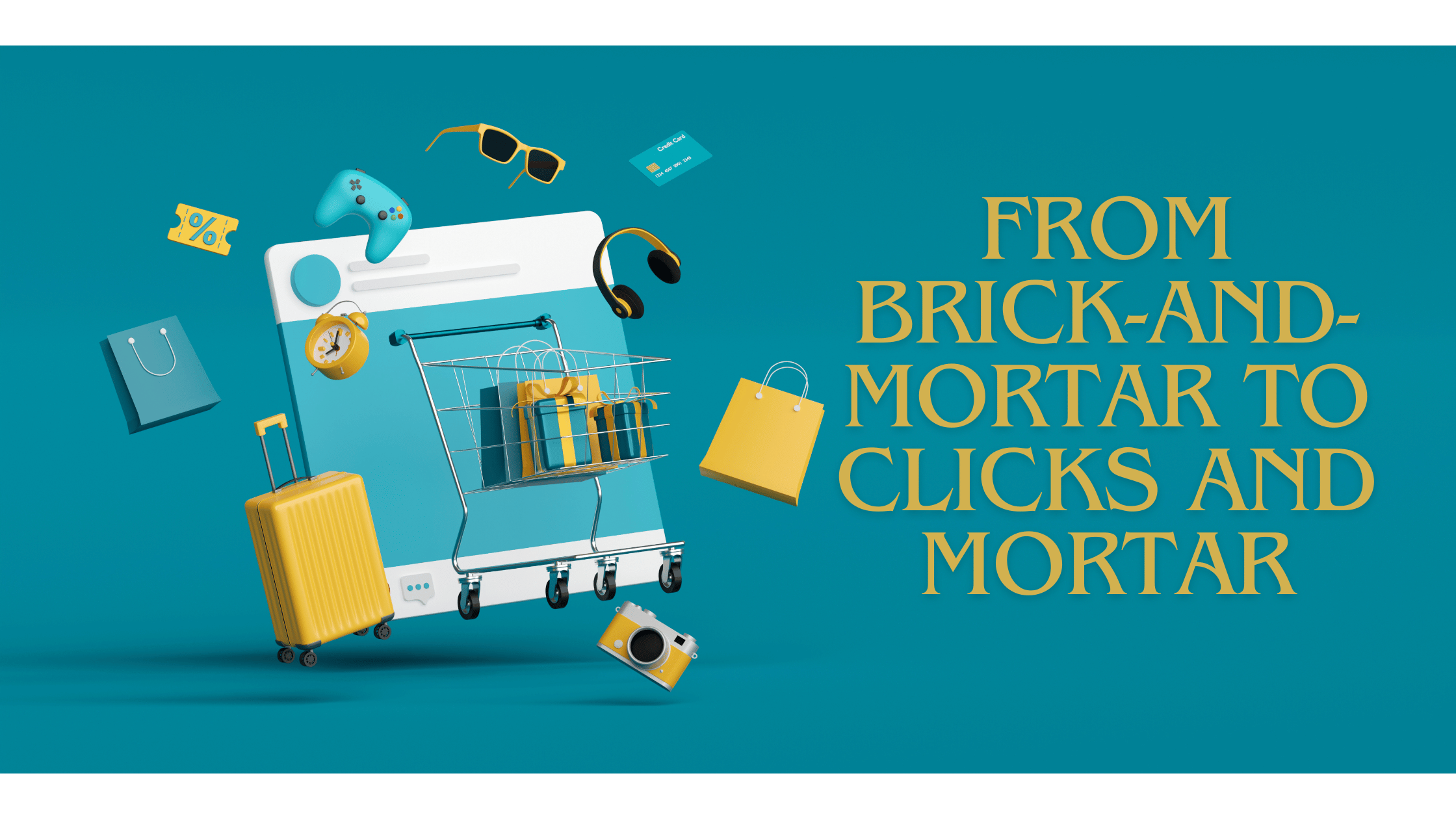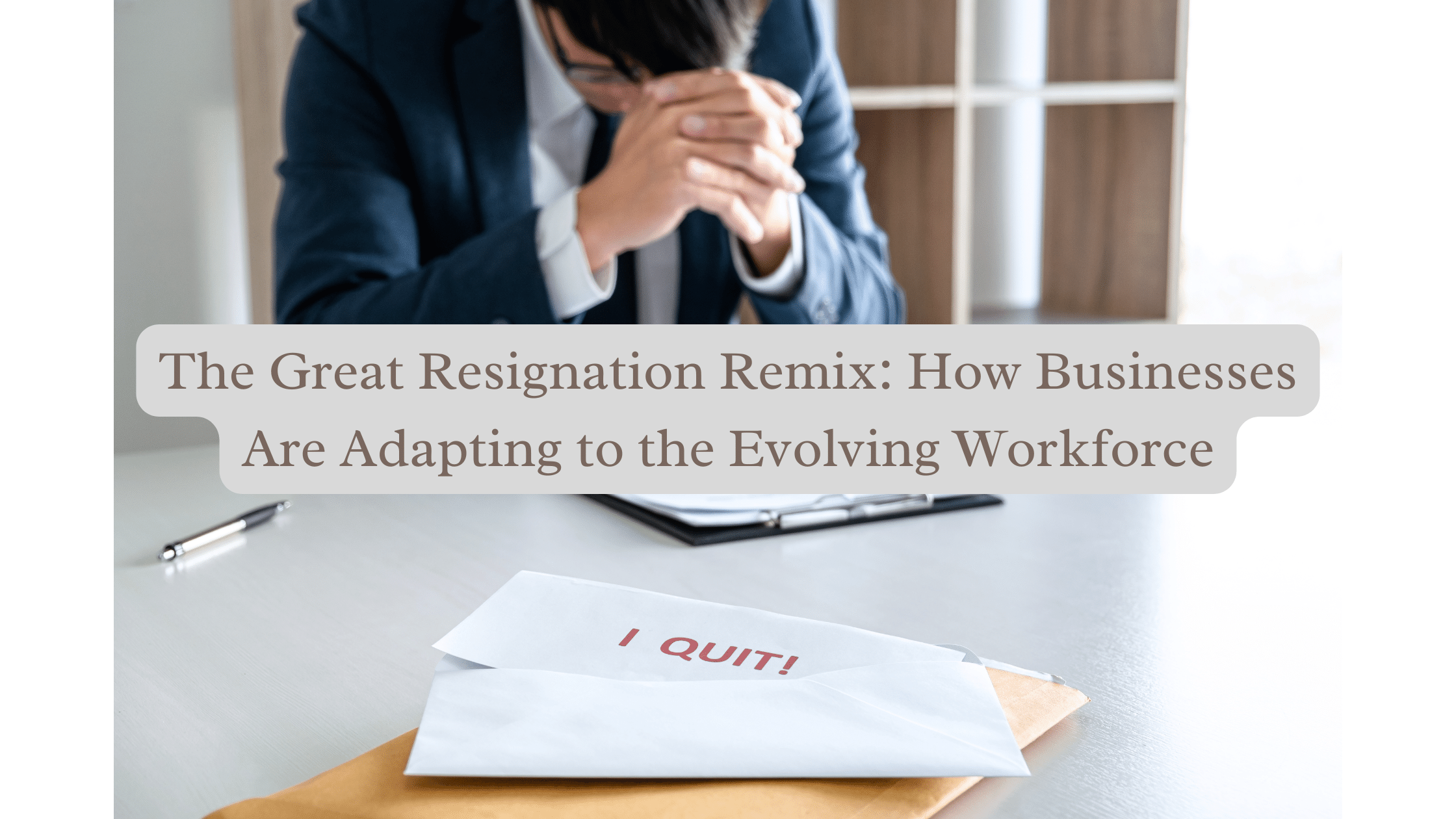
Resources for Starting a Local Delivery Business
Starting a local delivery business is an exciting venture with significant potential in today’s fast-paced world. However, success requires more than just enthusiasm—it demands a solid strategy, efficient tools, and compliance with local regulations. Whether you’re delivering food, groceries, or packages, knowing how to establish a strong presence, choose the right vehicles, and meet legal requirements is essential. Below, we will explore the resources you need to thrive in the delivery business.
Table of Contents
Building a Local Presence: Marketing Strategies for Delivery Success

A strong local presence is vital for a delivery business to attract and retain customers. Start by creating a recognizable brand, including a memorable logo and consistent color scheme that reflects your values. Invest in a user-friendly website that outlines your services, pricing, and contact information. Ensure your website is mobile-friendly, as many customers search for delivery services on their smartphones.
Next, use digital marketing to reach your audience. Social media platforms like Facebook, Instagram, and TikTok allow you to promote your services to local customers. Post engaging content, such as customer testimonials, service updates, and promotional offers. Paid advertising can also help you target specific demographics in your area, increasing visibility and driving traffic to your website.
Don’t overlook traditional marketing methods to supplement your digital efforts. Flyers, posters, and local newspaper ads can effectively reach older demographics. Networking with local businesses, such as restaurants or grocery stores, can lead to partnerships that benefit both parties. Highlighting these collaborations can strengthen your brand and improve your credibility in the community.
Lastly, public relations can enhance your reputation and increase awareness. Consider answering questions like, “What is a press release?” to learn how to announce new services or milestones effectively. By distributing press releases to local media, you can generate interest and build trust with potential customers. Balancing online and offline strategies ensures your marketing efforts reach all segments of your audience.
Selecting the Right Vehicles for Cost-Effective Delivery Services

Choosing the right vehicles is crucial for operating a cost-effective delivery business. Start by evaluating the size and type of items you plan to deliver. For smaller packages, compact cars or motorcycles might suffice, offering fuel efficiency and easy navigation through traffic. For larger deliveries, consider vans or trucks that can accommodate bulkier goods.
Research fuel efficiency and maintenance costs before purchasing any vehicle. High fuel consumption or frequent repairs can erode your profits over time. Electric vehicles (EVs) are becoming popular for delivery businesses due to their lower operating costs and environmental benefits. Although the upfront cost may be higher, incentives and long-term savings often justify the investment.
If buying new vehicles is beyond your budget, consider exploring used vans as a cost-effective alternative. Look for well-maintained cars with low mileage to ensure reliability. Working with reputable dealers or inspecting vehicles thoroughly can prevent unexpected expenses.
Customizing your vehicles can also enhance efficiency and professionalism. Install features like shelving or refrigeration if your deliveries require it, and ensure your branding is prominently displayed on the car. A branded fleet looks professional and serves as a mobile advertisement for your services, increasing visibility in your community.
Understanding Legal Requirements and Insurance for Delivery Businesses
Complying with legal requirements is essential to avoid fines or interruptions in your delivery operations. Start by researching the permits and licenses needed in your area. These may vary based on the type of goods you deliver and your location. Contact your local government office or consult an attorney to ensure compliance with all regulations.
Insurance is another critical aspect of running a delivery business. You will need general liability insurance to protect your business from property damage or injury claims. Commercial vehicle insurance is also essential for covering accidents or theft involving your delivery vehicles. Compare policies from different providers to find coverage that meets your needs.
Understanding employee regulations is vital if you plan to hire drivers. Ensure your drivers have valid licenses and comply with local laws governing commercial driving. You may also need to provide training to familiarize them with your vehicles and safety protocols. Properly documented employment contracts and compliance with labor laws can protect your business from legal disputes.
Lastly, prioritize customer data protection if your business involves online transactions or delivery tracking. Implement secure payment systems and privacy policies to safeguard sensitive information. Familiarize yourself with data protection laws like the GDPR or CCPA if they apply to your operations. This ensures compliance and builds trust with your customers, fostering long-term relationships.
Starting a local delivery business requires careful planning, from building a strong brand to selecting the right vehicles to ensure legal compliance. By leveraging these resources and strategies, you can create a reliable and successful delivery service that meets the needs of your community.





